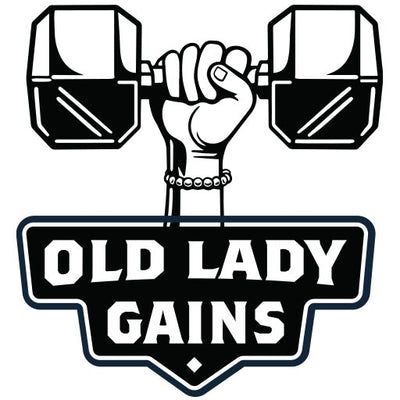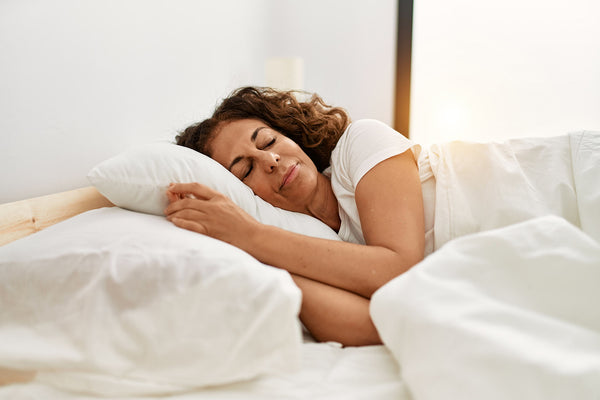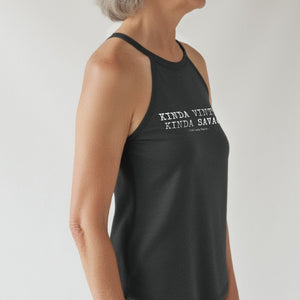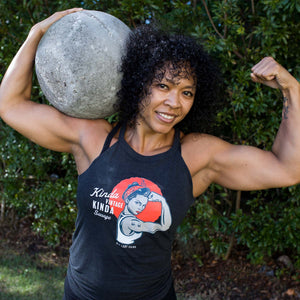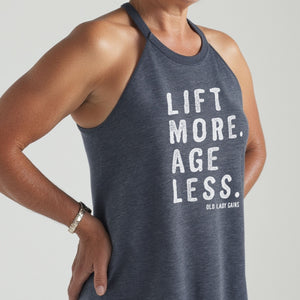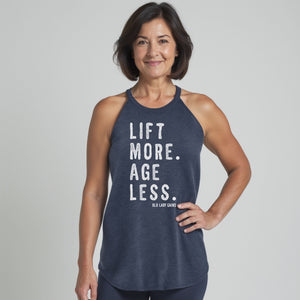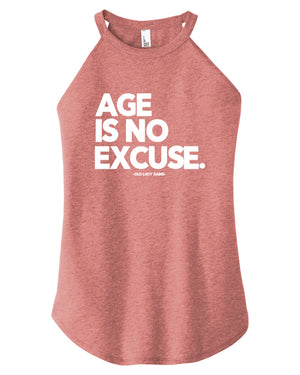6 Tips on How To Get Better Sleep After 40
Nov 13, 2022
Remember the days when you went to bed and just….fell asleep? Back in those days we could drink buckets of caffeine all day, alcohol at night, and then hit the pillow and fall asleep immediately. Sleeping till noon was no issue at all, and the thought of getting up to go to the bathroom was foreign. Now, getting any amount of hours in a row takes performing rituals, knocking on wood, and hoping for the best.
There may be a few simple things we can do to help fall asleep quicker and stay asleep longer.
Cut Yourself Off - From Liquids
Our bladders used to be able to handle a lot more than they do now. As we age, our pelvic floor muscles weaken and our vaginal wall muscles start to get thin. This makes it harder to ignore urinary urges at night. Not drinking anything, including water, for 2 hours before going to bed may help reduce the number of times you get up to visit the bathroom.
Get Some Sunlight
If you find your alarm going off in the morning when it’s still dark, sitting in an office all day with little natural light, and spending your evenings inside, you probably aren’t getting enough sunlight.
Getting a good dose of sunlight each day is essential to our health and well-being and not getting enough of it can mess with your circadian rhythm. Try soaking up some vitamin D each day, especially in the mornings and you may find that sleep comes easier.
Psychologist Michael Breus, Phd. a.k.a The Sleep Doctor, says his number one tip for sleeping better is to get a dose of sunlight in the mornings. Even just 15 minutes of natural sunlight can boost your mood, improve your brain function and help with sleep.
Try Taking Melatonin
Melatonin is a hormone that your brain produces in response to darkness. In short, when it is released in your brain it tells your body that it’s time to sleep. As we age, melatonin production can slow, which means taking a melatonin supplement might help you fall asleep faster.
Turn Down the Thermostat
You may like your thermostat set on a balmy 75, but that may be hindering your sleep. Our body temperature naturally drops during slumber, and keeping your room too warm may have a negative effect. Drop your thermostat somewhere between 62° and 68° for the best sleep. (And then grab a weighted blanket and cozy up!)
Exercise Daily - But Not Late at Night
The majority of the population isn’t getting enough movement throughout the day. Our bodies were made to move, and yet most of us lead a pretty sedentary lifestyle.
Researchers don’t completely understand the correlation between the two, but regular, consistent exercise will help improve your sleep. In fact, research shows that aerobic exercise has the same effect as sleeping pills when it comes to a good night of peaceful slumber.
If you find that exercising at night revs you up, try choosing a different time of day and try putting at least 2 hours between when you finish exercising and when you go to bed.
Try Taking Magnesium Glycinate
Magnesium is good for a host of reasons, but magnesium glycinate is especially beneficial in helping the body relax. Magnesium is one of the 24 essential minerals needed to maintain a healthy lifestyle. Our bodies do not naturally produce it, which means we have to get it from the food that we eat. However, 68% of adults do not get enough through their diets so supplementation is necessary.
Women especially suffer from magnesium deficiency, and many of them suffer from insomnia because of it. Taking magnesium not only helps reduce that deficiency, it also helps calm your mind by maintaining healthy levels of the amino acid GABA which is responsible for slowing down the communication between your brain and your nervous system and therefore helping your body relax and fall asleep.
Magnesium is also known to help with restless leg syndrome, a major cause in sleep disruptions and insomnia and is also known to help with gut health as it aids in relaxing digestion and preventing constipation.
Whereas melatonin helps you fall asleep faster, magnesium glycinate will help you stay asleep longer.
Sleep plays an enormous role in our recovery, not only physically but mentally as well. Getting a good night's rest can be a game changer for your day. It is worth taking a little bit of effort throughout your day by implementing some small changes that make the night more successful. Your body and mind will pay you back in spades.

